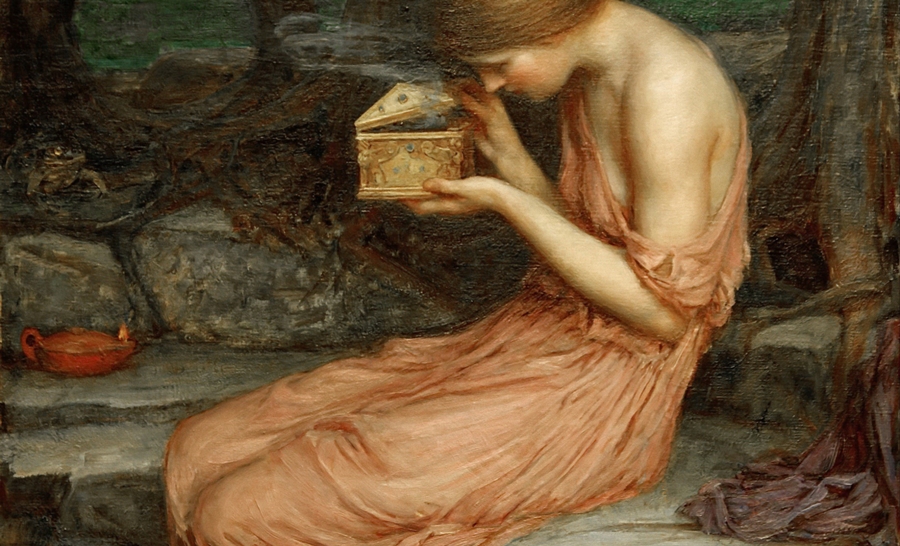
Hungarians have always been used to the state taking care of them. Communism instilled it so deeply that so much meddling is allowed into our private lives that it is truly surprising that there are private solutions. Yet, even more surprisingly, they not only exist, they strive. There is a catch, however.
The Hungarian Economic Competition Office for example protects the monopoly of public transport by disallowing most private companies from transporting people within the country with trains or buses. Uber has been outlawed and even multinationals fear that they will get into the bad books of the government lest they will be driven out of the country through punitive taxes or legislation, so that a new, national company can take over.
Recently, the Hungarian branch of Vodafone has been bought by the enfant terrible of the government and a crony company of an oligarch. It is the aim of the Hungarian government to transfer most important sectors to national hands, which, translated for those that don’t speak the language of corruption, means the ruling politicians want to bring off a hostile takeover of privately owned companies and redistribute them among their cronies.
The state-run institutions, such as in education and healthcare, are doing dismally; the unions and chambers all warn of an impending collapse. This created a large market for private solutions. There are private schools which are popular among those who can afford it, yet private healthcare is becoming more and more available for all.
I recently had a medical emergency. I had two options: to go into a public hospital, which is free (which means I have to pay the monthly social security fee in order to receive it for “free”), or to not get anything for my taxes, and pay more money in private healthcare. I opted for the latter. Let’s see what panned out and what would have happened if I chose the “road not taken” (which from ample experience I know too well):
What Happened in Private Healthcare
I went into a modern, clean, and friendly building, was greeted by a receptionist and told which floor to take. I was gently carried up by an elevator, where a sympathetic assistant asked what they can do. In 2 minutes, my details were down, my blood pressure and temperature taken. In 5 minutes, I was at the doctor’s office.
I didn’t even had time to amble to the chair to start complaining about my problems, the doctor had a diagnosis in mind, which he told me about, yet asked all the questions and did all the tests. My blood test result came back in 3 minutes, and in another couple, I had a list of appointments to further examinations, and all other relevant doctors were already notified.
In about an hour, I was already recuperating back home, and I even had time to have a pleasant chat with the doctor. The barrage of other tests just over the coming weeks were also relatively pleasant and just there to conform the doctor’s instantaneous hypothesis.
What Would Have Happened in Public Healthcare
A run down, derelict, soulless building would have gabbled me up through its ominous doors. Spending agonising minutes finding the proper waiting room without any help whatsoever from the staff which in the best case would be absent, in worst would be rude.
I would find the right place. Its mouldy walls and chipped down painting would not be the first thing to bother me only because the coughing, fainting, sighing but resigned crowd of people would have horrified me first.
In 2 hours, nothing would have happened, only a nagging feeling that eventually I would have to use the loo. That would open up a new can of worms. Finding an unconscious person in the bathroom is not unheard of. Finding the unspeakable hygienic conditions there is commonplace. Finding toilet paper is not. Patients are well used to bringing their own.
After a more than a 7-hour wait, I would be permitted to see a doctor, who would dismiss me if I don’t keep insisting that I am in considerable pain. He would then send me to other doctors, who one can only see if an appointment is made through a general physician. As I am apparently well enough to speak, it is not a medical emergency, my medical history and conditions would not be asked or listened to. There is no available time for the visit to other doctors and tests. There might be available slots in 3 months in the other hospital, where the staff hasn’t quit already.
I would live with my pain alongside my, exacerbated by the insults I would suffer the dismal conditions, and the lack of attention and humanity. I would only hope that I didn’t catch anything even worse while there.
There are private solutions, for healthcare, schools, and transport. They are popular or at least coveted. Yet, there is a catch. The state always lurks beneath the surface. Many taxi companies are owned by cronies and have a huge lobbying power. There is a fixed rate and no competition in Budapest.
Private schools are mostly only semi-private, with the state having control in or at least over them. Private healthcare providers are also mostly run by oligarchs. The government knows of the dismal conditions and thus lets its cronies have private providers, often given g those subsidies. The same is true for the media, and even to opposition parties, where the government has people in its pockets. Banks, utility providers, shops, construction companies, cleaning companies, tourism companies, you name it, it is the same story all over.
Now, telecommunication also fell victim. You as a Hungarian can choose to pay taxes and use the dysfunctional and awful public services in return or pay taxes and pay more for private solutions. you might get better services, but in the end your money through a web of corruption will end up in the same pockets.
Continue exploring:
In Claws of Kremlin Bear: Hungary’s Russian Dependence Illness
China’s Growing Presence in Hungary: Opportunity or Challenge?






















